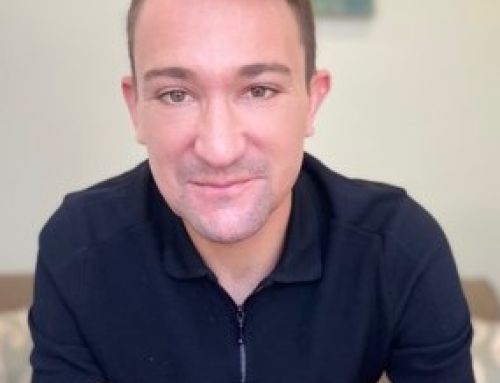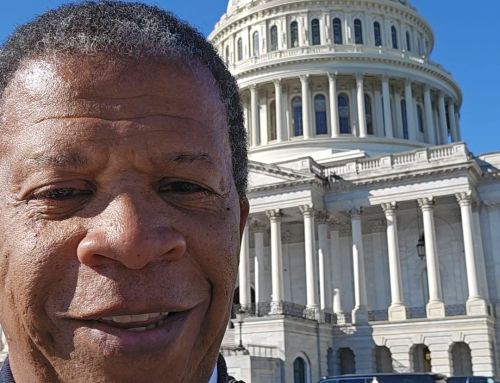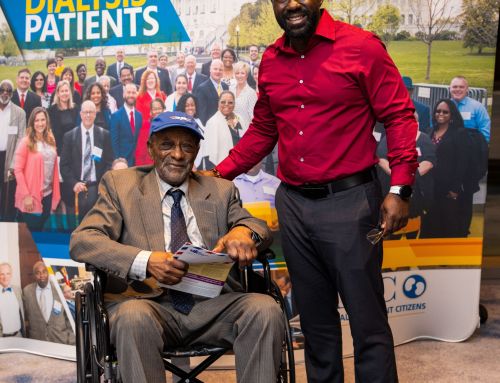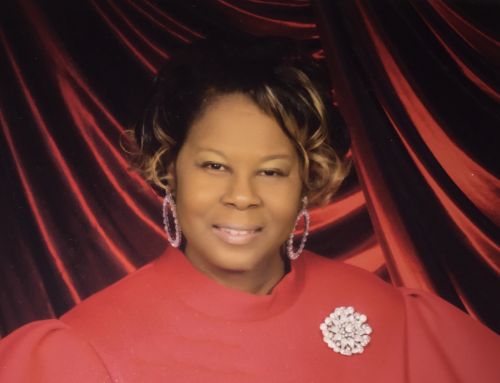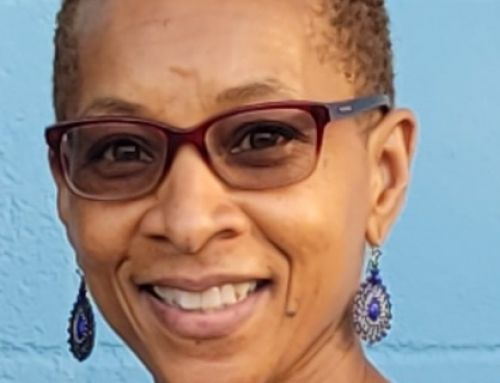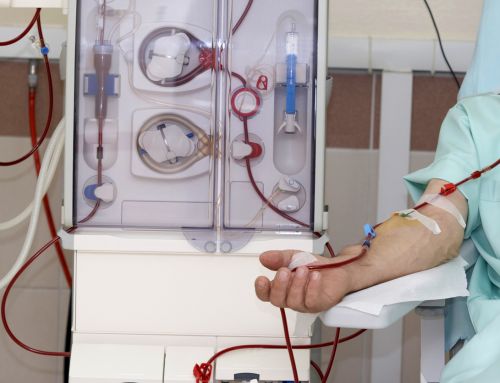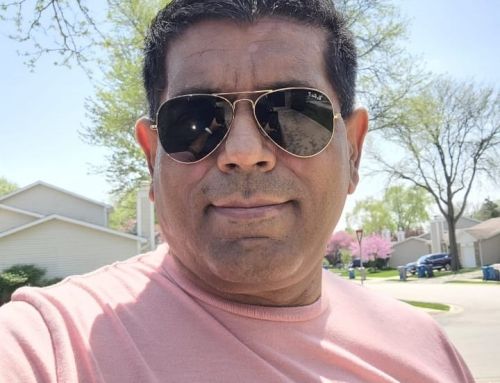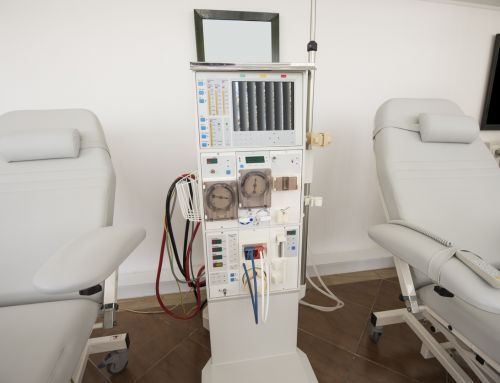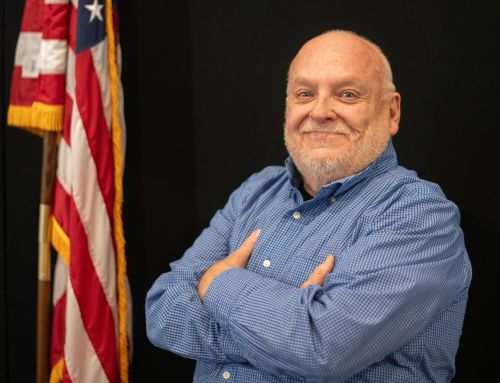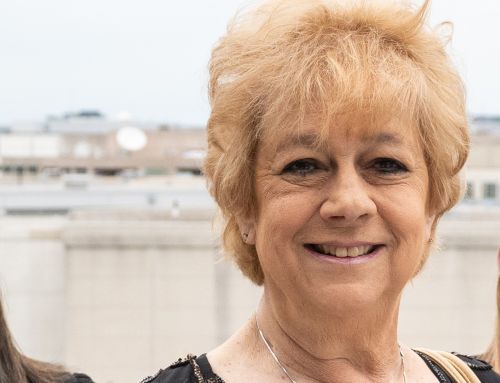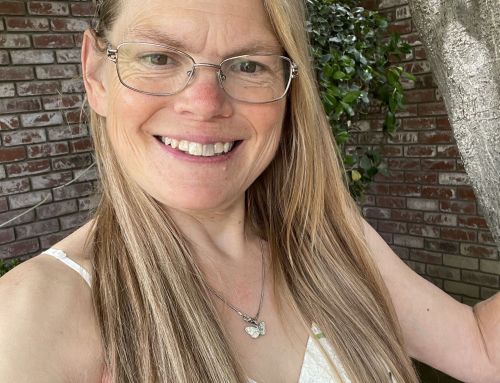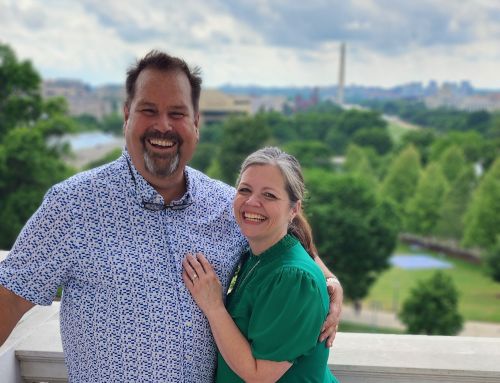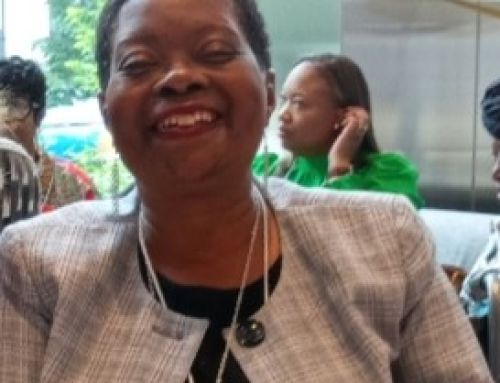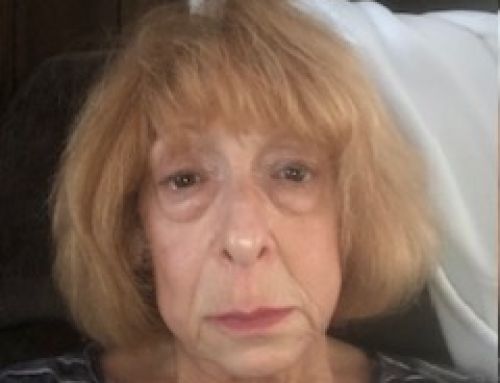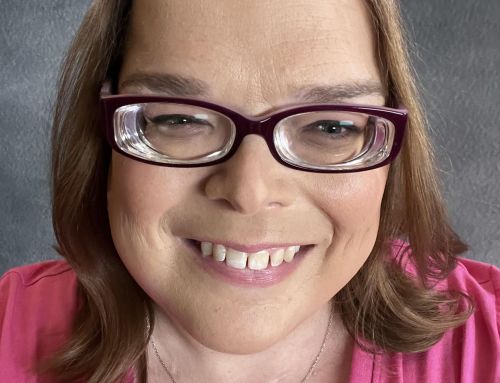February 28, 2022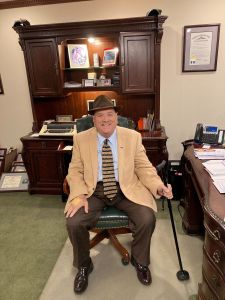
The Honorable Bart Rowland, Chair
The Honorable Derek Lewis, Vice Chair
House Banking & Insurance Committee
Kentucky General Assembly
700 Capitol Avenue
Frankfort, KY 40601
RE: HB 430 – SUPPORT
Dear Chair Rowland, Vice Chair Lewis and Members of the Committee:
My name is James O. “Hap” Strunk. I am a resident of Whitley City, serve as Chairman of the Kentucky Board of Embalmers & Funeral Directors, and also one of the more than 9,000 (i) Kentuckians with End Stage Renal Disease (ESRD).
From my volunteer role as a Patient Ambassador for Dialysis Patient Citizens, I write today to ask for your support of HB 430, which will provide access to under age 65 ESRD patients like me to affordable Medicare Supplemental insurance coverage.
Dialysis Patient Citizens (DPC), a national non-profit advocacy organization working to improve the quality of life for all dialysis patients through education and advocacy. DPC is a patient-led organization with membership open only to ESRD patients and their family members. DPC’s mission and policy positions are guided solely by its membership and Board of Directors that is comprised entirely of ESRD patients like me.
I first learned I had kidney disease in 1987, during the purchase of our funeral home when I applied for a life insurance policy. We then had an 8-month-old son and owed more money than both of my grandparents earned collectively. I went on dialysis in 1995 and received a kidney transplant on New Year’s Day, 1996. The transplant lasted 4 years, and I returned to dialysis treatments in October of 2000, and have been on dialysis ever since.
Why is this issue so important to me and the more than 5,000 (ii) under age 65 Kentuckians with ESRD? This critical legislation will provide access to affordable Medigap coverage – offering financial stability and increasing the number of ESRD patients who financially qualify for a kidney transplant. Access to Medigap for ESRD patients under age 65 without premium protections will not help dialysis patients achieve financial stability or be listed for transplant. Let me explain.
Medigap helps provide financial security. People become eligible for Medicare coverage in two ways: upon turning age 65; or, like me, are under age 65 when diagnosed with ESRD (kidney failure) or defined as disabled. This is called Original Medicare (Part A and Part B), which does not limit annual out-of-pocket copays and deductibles. Medicare Enrollees must cover 20% of these annual expenses, which for dialysis patients can be as high as $20,000 (iii) per year. Medigap covers these 20% out-of-pocket expenses, keeping patients from making impossible decisions like whether to pay their medical bills to stay alive or buy food. Many dialysis patients with no access to affordable Medigap coverage spend down their assets to qualify for the state’s Medicaid program as a way to obtain financial security.
Medigap provides coverage for life-saving kidney transplants. While some dialysis patients are either not viable candidates for kidney transplant or choose to remain on dialysis, kidney transplant is the optimal therapy for many individuals with kidney failure as it often adds years to life expectancy and provides a higher quality of life. Currently, there are 813 (iv) Kentuckians on the kidney transplant wait list; 617 of them are under age 65. As part of the kidney transplant evaluation process, transplant centers conduct extensive financial clearances to ensure there is no financial liability for both the patient and transplant center. Without either supplemental insurance or the financial resources to cover the 20% coinsurance for the transplant surgery and follow-up medical care, most transplant centers will not place these kidney failure patients on the active transplant wait list.
Thank you for the opportunity to comment on the importance of HB 430. This bill will help so many people who struggle with prescriptions and co-pays. Being eligible for Medigap coverage would save my family over $2,500 each year. I urge the swift passage of the critically important legislation.
Sincerely,
James O. “Hap” Strunk
President, Hickman-Strunk Funeral Home
Resident of Whitley City, KY
cc: Elizabeth Lively, Eastern Region Advocacy Director
elively@dialysispatients.org
312-890-1428
References:
i. US Renal Data System 2020 Annual Report, https://usrds.org/data-query-tools/esrd-prevalent-count/
ii. Ibid.
iii. Ibid.
iv. Organ Procurement and Transplantation Network, https://optn.transplant.hrsa.gov/data/view-data-reports/state-data/

